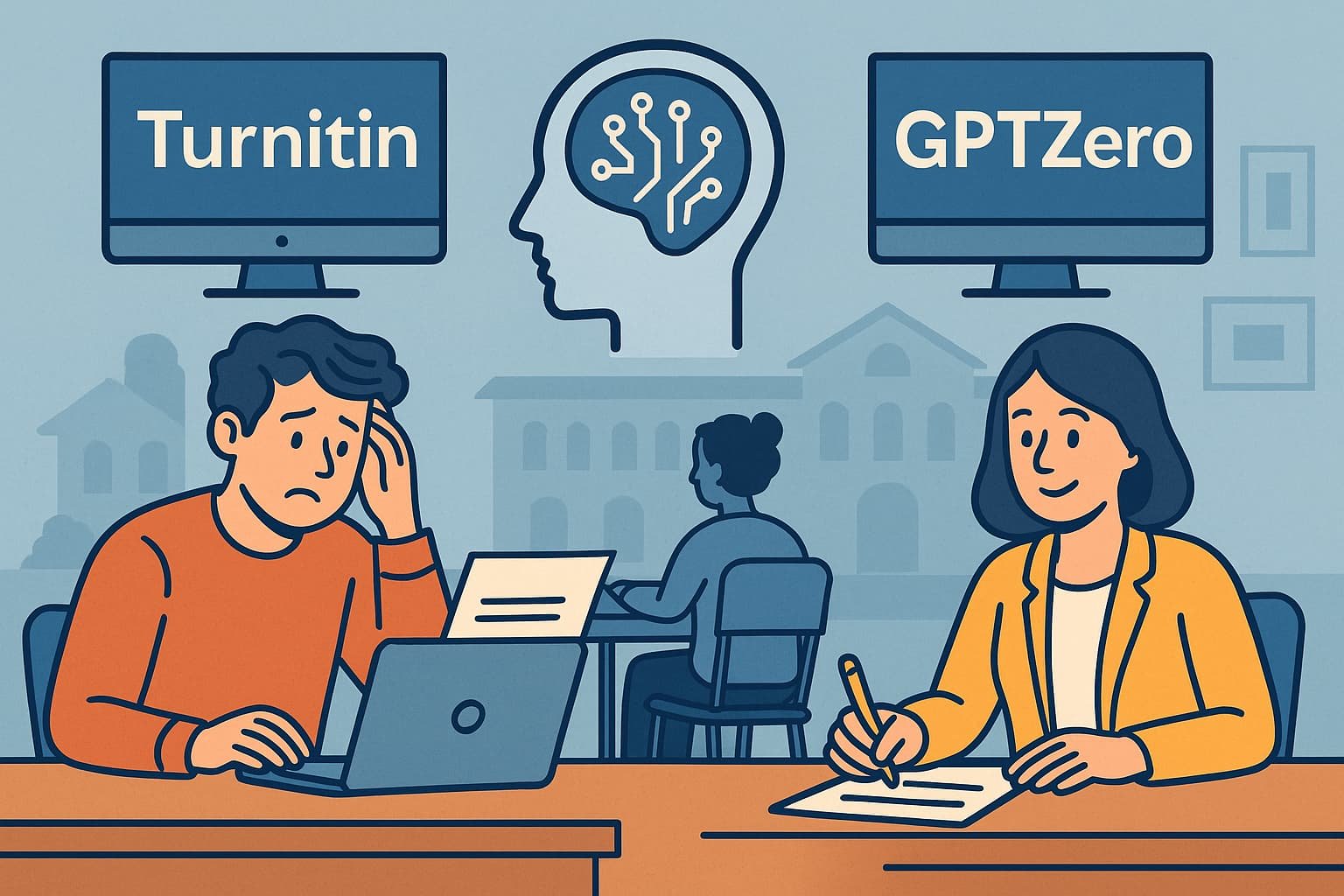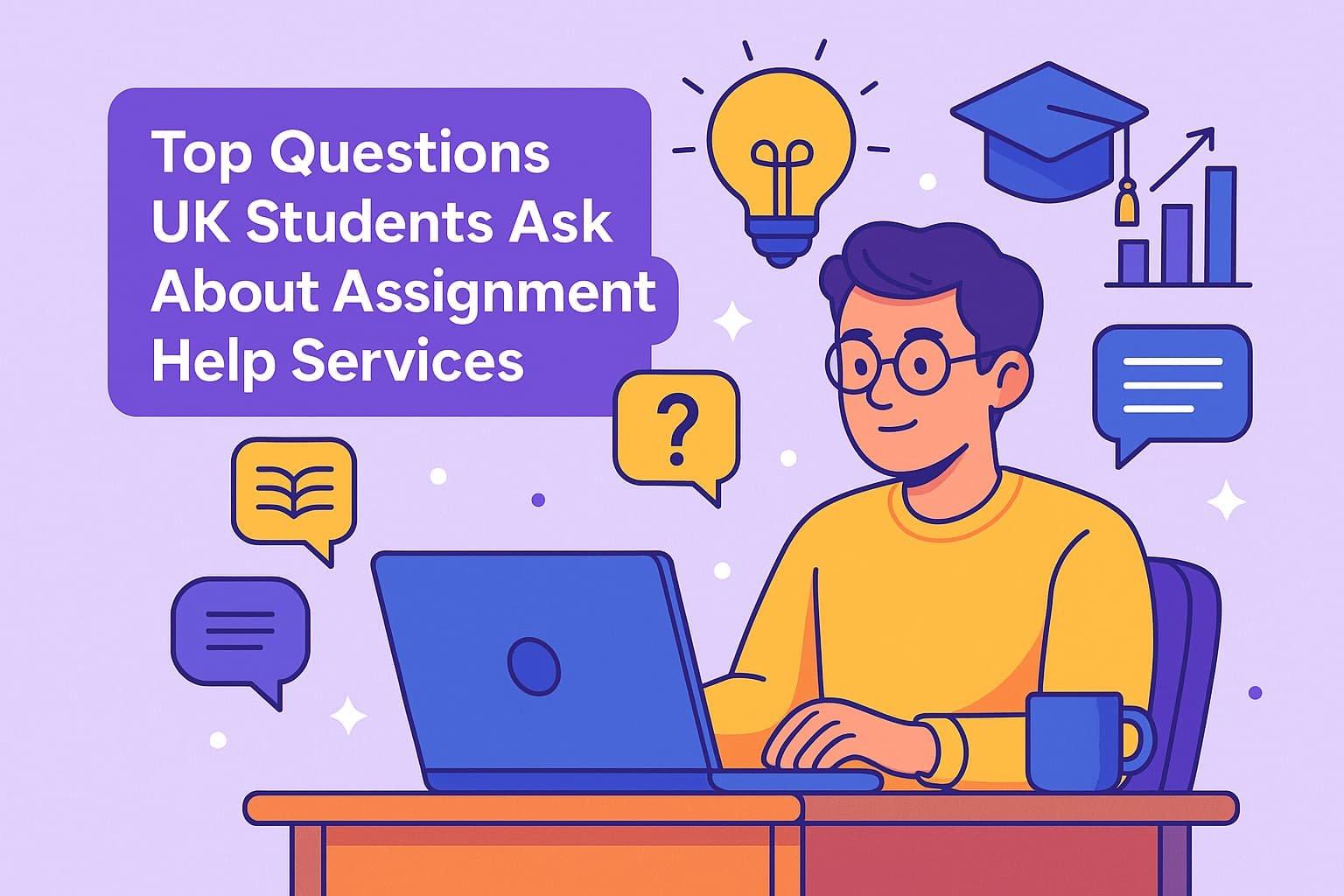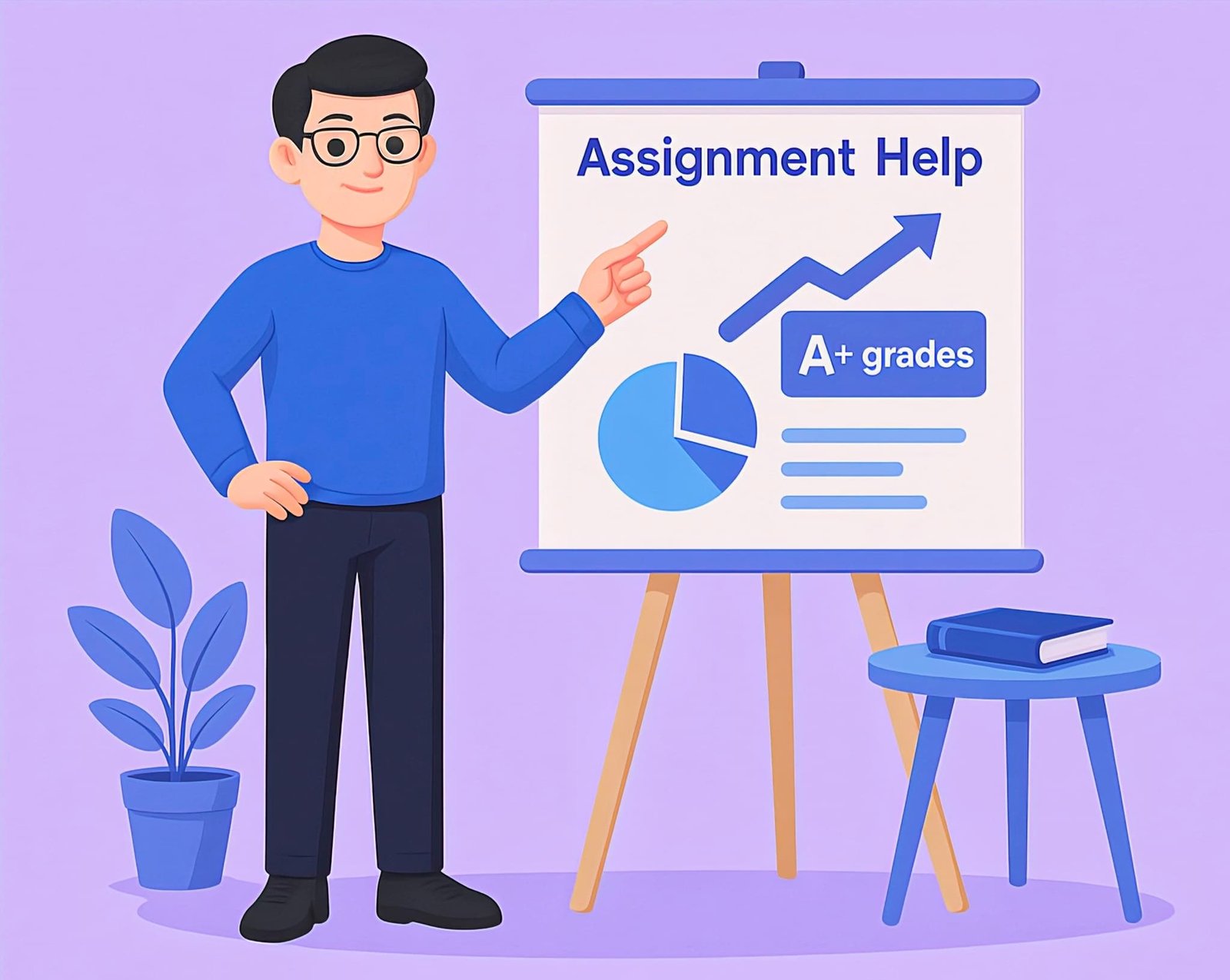Can AI Detectors Like Turnitin and GPTZero Catch You in 2025? What UK Students Must Know
Introduction
In 2025, the intersection of artificial intelligence and academia has transformed how assignments are written, submitted, and evaluated. While AI tools like ChatGPT, Bard, and Jasper have revolutionized content creation, their misuse has raised academic integrity concerns across UK universities. This has led to the widespread implementation of advanced AI detection tools like Turnitin’s AI writing checker and GPTZero. For UK students, the question is no longer whether AI can help write assignments, but whether using it will get them caught. This comprehensive guide explores how these AI detectors work, their accuracy, university policies surrounding them, and how students can submit work that is both original and safe from detection penalties.
The Rise of AI Writing in Education
AI Tools in Academia
Since 2022, OpenAI’s ChatGPT and similar AI models have become popular among students for drafting essays, solving problems, and even writing dissertations. The appeal is obvious: AI can write coherent, grammatically correct content in seconds. However, the academic world quickly caught on. Universities began noticing uniform sentence structures, shallow critical analysis, and patterns resembling machine-generated content.
Ethical vs Unethical AI Use
While some institutions encourage limited AI use for brainstorming or grammar checking, the submission of AI-generated work as original is widely considered academic misconduct. The QAA and Universities UK have issued official guidelines urging institutions to ban fully AI-written submissions, especially when not cited or acknowledged.
What Are AI Detectors and How Do They Work?
Turnitin’s AI Writing Detection
Turnitin introduced its AI detection system in 2023, with continuous upgrades leading into 2025. It analyzes linguistic patterns, sentence predictability, and syntactic repetition. Unlike traditional plagiarism detection, which compares text against published sources, Turnitin’s AI checker evaluates whether a human or machine most likely generated the content. A high percentage score flags the work for review.
GPTZero Technology
GPTZero is a specialized tool trained specifically to differentiate between human and AI-written text. It’s frequently used by professors as an additional layer of validation. GPTZero uses metrics like burstiness (variation in sentence structure) and perplexity (word unpredictability) to detect AI involvement. Its growing popularity in UK universities stems from its compatibility with common LMS systems and its non-reliance on proprietary student databases.
Copyleaks and Others
Copyleaks also offers AI detection tools adopted by UK colleges and sixth forms. Like Turnitin, it flags AI-written passages but also offers probability-based predictions that give lecturers flexibility in making decisions.
Are AI Detectors Accurate?
Accuracy Ratings
Turnitin claims over 98 percent accuracy for identifying AI-generated content, but this includes a small false positive rate, especially for students who write with high formality or consistency. GPTZero’s accuracy is estimated between 85 to 92 percent, depending on content length and complexity. No tool is perfect, but when used in combination, they offer a strong case against suspected AI use.
False Positives: A Real Concern
Students with strong command of academic language or non-native speakers who mimic polished writing can be falsely flagged. That’s why universities generally don’t act solely on AI detection scores. However, scores above 75 percent typically warrant further inquiry.
What Happens If You Get Caught?
UK University Policies
Most universities treat AI-generated submissions the same as plagiarism. Consequences include:
- Failing the assignment or module
- Disciplinary hearings
- Notation of misconduct on academic record
- Suspension or expulsion in severe cases
The University of Edinburgh and King’s College London have updated their integrity policies to explicitly include AI-generated work under academic dishonesty.
Student Testimonials
“I used ChatGPT to help with structure but rewrote everything myself. Still, Turnitin flagged my work at 83 percent AI probability. It took three meetings to clear my name.” — Zara, University of Manchester
“My friend submitted AI-written answers and got suspended. They checked timestamps and file metadata. It’s not worth the risk.” — Alex, University of Liverpool
How to Avoid Getting Flagged
Use AI Responsibly
If your university allows it, use AI only for brainstorming, outlines, or grammar corrections. Always rewrite in your own words and add original analysis. Tools like Grammarly are acceptable for final proofreading.
Request Proof of Human Authorship
Use services like Urgent Assignment Help that guarantee human-written, AI-free assignments. We provide free GPTZero and Turnitin reports for each submission, ensuring your work passes institutional checks.
Avoid Overediting With AI Tools
Using tools like QuillBot or Jasper to rewrite large chunks of content can create AI-like writing patterns. Instead, write manually and use Hemingway Editor to improve readability without risking AI flags.
Include Real-World References
AI struggles to reference current academic papers, real-time events, or UK-specific policy changes. Including these shows authentic research effort.
The Role of Human Writers in 2025
Benefits Over AI
Human writers offer:
- Critical thinking and argument development
- Subject-specific insights
- Adaptation to assignment tone and expectations
- Awareness of cultural and linguistic nuances in UK academia
At Urgent Assignment Help, our writers are UK graduates with experience in British coursework expectations, referencing styles, and feedback trends.
Plagiarism-Free Guarantee
We offer:
- Zero-AI content
- Turnitin and GPTZero reports
- Support for Harvard, APA, MLA, OSCOLA formats
- Real-time updates via WhatsApp
Internal and External Linking Strategy
Internal Links
External References
Frequently Asked Questions (FAQ)
Can Turnitin detect AI writing?
Yes. Turnitin has a dedicated AI detector launched in 2023, upgraded for 2025, that identifies machine-generated text with over 98 percent accuracy.
What happens if my assignment is flagged as AI-generated?
Most universities launch academic misconduct investigations. You may need to defend your work or face penalties including grade reduction or suspension.
How do I avoid AI detection flags?
Use only human-written content. Services like Urgent Assignment Help offer human-created assignments that are Turnitin and GPTZero verified.
Is GPTZero used by UK universities?
Yes. Many UK institutions use GPTZero alongside Turnitin for AI detection.
Are there safe ways to use AI for assignments?
You may use AI for planning or grammar checks if allowed by your university. Never submit AI-generated content without rewriting and adding citations.
Final Thoughts
As UK universities tighten academic integrity standards, students must take extra care when submitting work. AI detectors like Turnitin and GPTZero are powerful, evolving tools that can spot AI writing even when well-disguised. Instead of risking penalties, students should rely on trusted human-written support. Services like Urgent Assignment Help provide ethical, original, and AI-free academic assistance tailored for UK institutions. With verified Turnitin and GPTZero reports, proper referencing, and 24/7 WhatsApp support +44 7578 398488, students can now meet deadlines without compromising integrity.
Choosing originality is no longer just a good idea—it’s a requirement in 2025.



